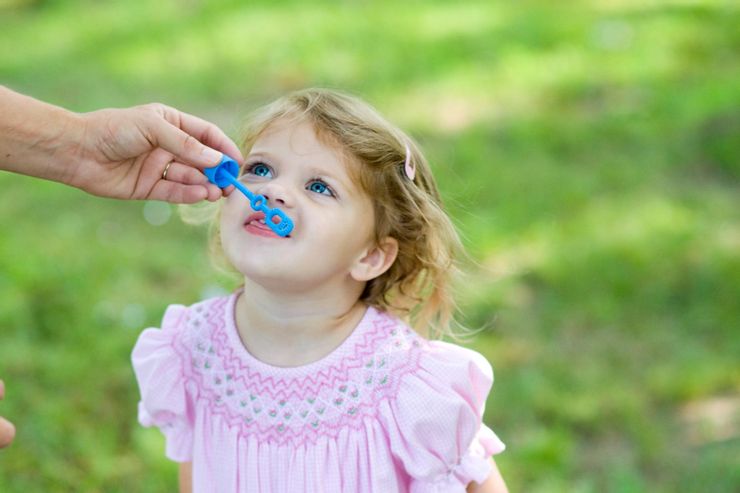New research has found that babies born before the start of the pandemic had stronger overall cognitive skills than those born more recently.
New research shows that babies born during the coronavirus pandemic have developed differently than those who were born before. Specifically, infants born after COVID-19 was declared a global pandemic at the start of 2020 demonstrated reduced cognitive performance.
The researchers from Brown University evaluated child neurodevelopment, which includes verbal and motor skills. Neurodevelopment refers to the brain’s development of neurological pathways, which are responsible for all performance and functioning. This includes intellect, memory, social skills, attention, and more.
Motor skills are one way to evaluate neurodevelopment in young children. They refer to a person’s ability to manage their process of movement, and examples include using hands, walking, swimming, or any other physical activity. Conversely, verbal skills refer to the extent a person can communicate through speech, including how well they can form sentences and pronounce words.
The researchers compared the cognitive performance of the infant participants from 2020 to 2021 to scores recorded in 2011 to 2019. Overall, they saw a significant drop in verbal and non-verbal skills in babies in recent years since the onset of the pandemic.
Interestingly, the team found that neurodevelopment scores were lower in the male participants. It was also likely to be reduced in children born to families with low socioeconomic status.

They theorize that the impact of the coronavirus pandemic on environmental factors – anything that affects the environment – is the main contributing factor in the lower early development scores.
For example, social distancing as well as closures have limited the amount of education and socialization young children get. The restrictions have also increased the stress of parents. This is coupled by rising financial constraints, all of which have affected the familial environment.
The researchers also theorized that changes in prenatal care may be an explanatory factor. Not only has maternal stress, anxiety, and depression risen, which can affect the development of the fetus, but more women have been wary of attending prenatal appointments amid COVID.
In the conclusion of the study, the researchers noted that it’s unclear if the reduced scores are permanent or only temporary while the pandemic rages on. However, they emphasized that addressing the neurodevelopment differences early on, especially the younger the children are, is imperative.

They add that further research is needed to inquire into the permanency of these neurodevelopment differences as well as to identify the main aspects of the pandemic that have fostered this.
The study has not yet been peer-reviewed, but it is available as a pre-print on MedRxiv, where it was uploaded earlier this week.





